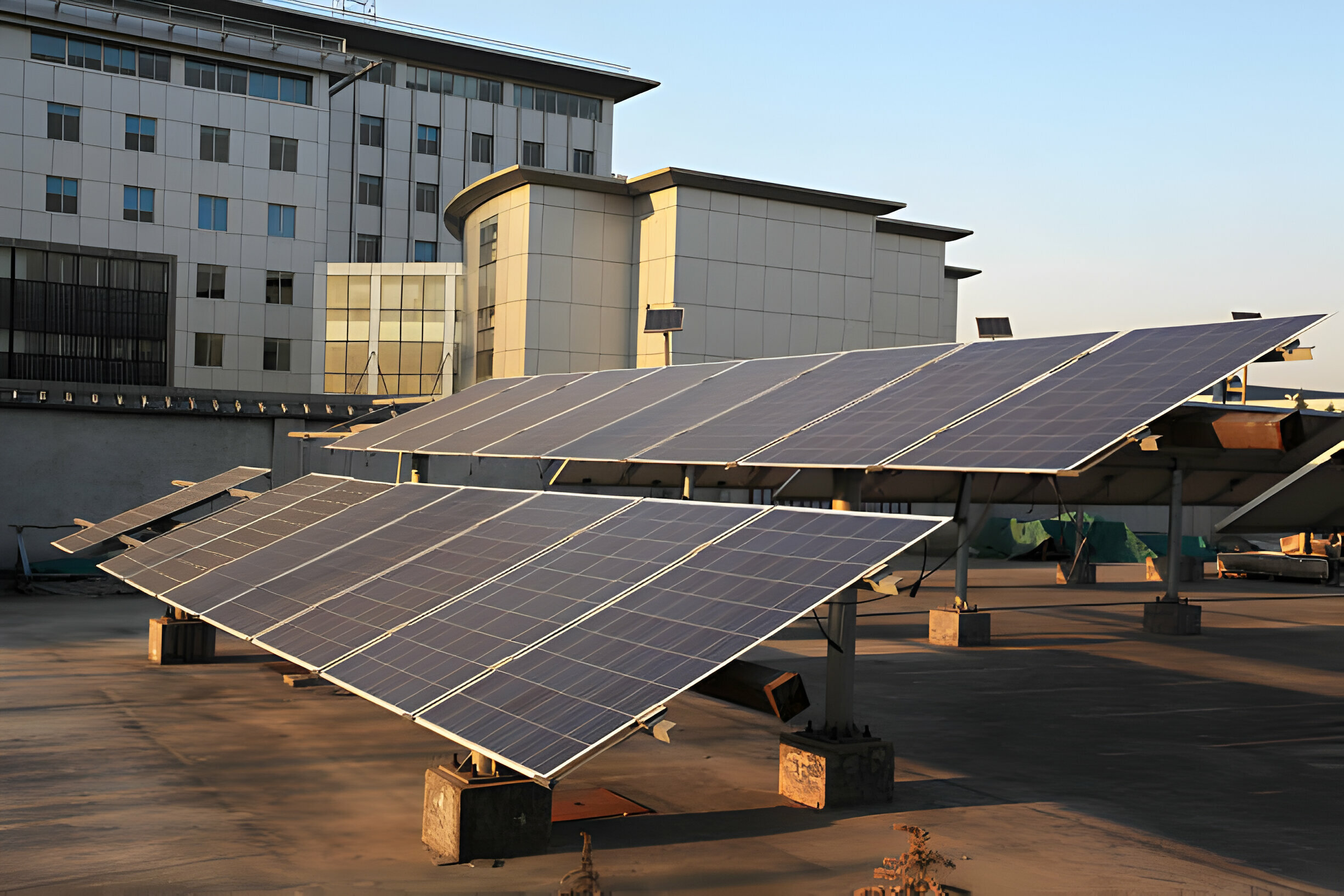Embracing renewable energy sources has grown increasingly important in a time when living sustainably has become a major part of our lives. Solar energy stands out among these sources as a plentiful, clean, and effective option. This blog explores the complex inner workings of solar energy system and the crucial function that solar panels play, to offer a thorough explanation for beginners.
Introduction to Solar Energy
A fundamental knowledge of the fundamentals guiding the use of solar energy to meet our electricity needs is necessary before delving into the investigation of solar energy comprehension. Solar energy is essentially the process of converting sunlight into electrical power using photovoltaic cells. The fundamental components of solar panels, these cells are necessary to transform sunlight into a usable and accessible energy source.
Exploring Solar Technologies
Exploring solar energy entails investigating a wide range of technologies that go beyond conventional photovoltaic cells. Though photovoltaics are a cornerstone, other cutting-edge methods like solar thermal systems and concentrating solar power add to the overall picture of solar energy harvesting. Each form of technology has advantages and disadvantages that, when combined, create a complex tapestry of sustainable solutions with the power to drastically alter our energy environment. Let’s look at these solar technologies’ specifics and see how they might combine to bring about a paradigm shift in energy that is more sustainable and renewable.
The Core Components
To understand how solar energy system work, one needs to become familiar with its essential parts. Sunlight is absorbed by solar panels, which are composed of linked photovoltaic cells, which then start the photovoltaic effect. An essential first step in transforming solar energy into a useful power source is the generation of direct current (DC) electricity inside the panels by this process.
Inverters: Transforming DC into AC
While solar panels produce DC electricity, most of our household appliances run on alternating current (AC). Inverters play a pivotal role in this transition, converting the generated DC electricity into AC, making it compatible with the electrical systems in our homes. This seamless transformation ensures that the electricity produced by solar panels can be utilized for various purposes.
Net Metering
One of the significant advantages of solar energy system is the concept of net metering. This process involves connecting your solar panel system to the grid, allowing you to feed excess electricity back into the grid when your system produces more than you need. In return, you receive credits or a reduction in your electricity bill, making solar energy an economically viable choice.
Battery Storage
While solar panels generate electricity during the day, what happens when the sun goes down? Battery storage systems come into play, storing excess energy generated during the day for use during nighttime or cloudy days. This crucial component ensures a continuous and reliable power supply, making solar energy a dependable source of electricity round the clock.
Environmental Impact
Beyond the technicalities, embracing solar energy contributes significantly to environmental sustainability. By utilizing the sun’s energy, we reduce dependence on fossil fuels, subsequently lowering carbon emissions and mitigating the impact of climate change. Investing in solar solutions is not just a choice for your home; it’s a commitment to a greener, cleaner planet.
The Economic Aspect
While the initial investment in a solar energy system may seem substantial, the long-term benefits far outweigh the costs. Governments and utilities often provide incentives, tax credits, and rebates for installing solar panels, making the transition to solar more financially feasible. Additionally, with reduced electricity bills and the potential to sell excess energy back to the grid, the economic advantages become evident over time.
Overcoming Challenges
As with any technology, solar energy system have faced their fair share of misconceptions. Addressing concerns such as high initial costs, efficiency, and aesthetics, it’s essential to debunk these myths and highlight the tangible benefits that solar solutions bring to both homeowners and the environment.
Future Trends
The world of solar energy is continually evolving, with ongoing research and development leading to innovative technologies. From advancements in solar panel efficiency to the integration of artificial intelligence in optimizing energy production, staying informed about these trends is crucial for anyone considering or already utilizing solar solutions.
Illuminating Tomorrow with Sustainable Energy Solutions
Synergy Corporation, at the forefront of advancing sustainable energy solutions, proudly leads the way in the industry. Specializing in cutting-edge solar and renewable energy solutions, we are dedicated to providing innovative and efficient alternatives for a cleaner, eco-friendly future. Embracing our commitment to environmental responsibility, our solutions redefine the energy landscape. Trust us to illuminate your path with reliable and sustainable energy options. Whether it’s harnessing the power of the sun or exploring other renewable sources, Synergy Corporation stands as a beacon, contributing to a world where our solutions, including Pakistan solar panels, play a pivotal role in shaping a brighter and greener tomorrow.
To Bring Matters to a Close
In conclusion, this beginner’s guide has provided a comprehensive understanding of how solar energy works. From the basic principles of solar panels to the environmental and economic benefits, embracing solar solutions is a step towards a sustainable and eco-friendly future. As technology advances and awareness grows, the potential for solar energy to revolutionize our energy landscape becomes increasingly promising.
By incorporating solar energy system into our lives, we not only harness the power of the sun but also contribute to a cleaner, greener planet—one where renewable energy takes center stage in shaping a sustainable future for generations to come.
Visit here for more informative blogs

